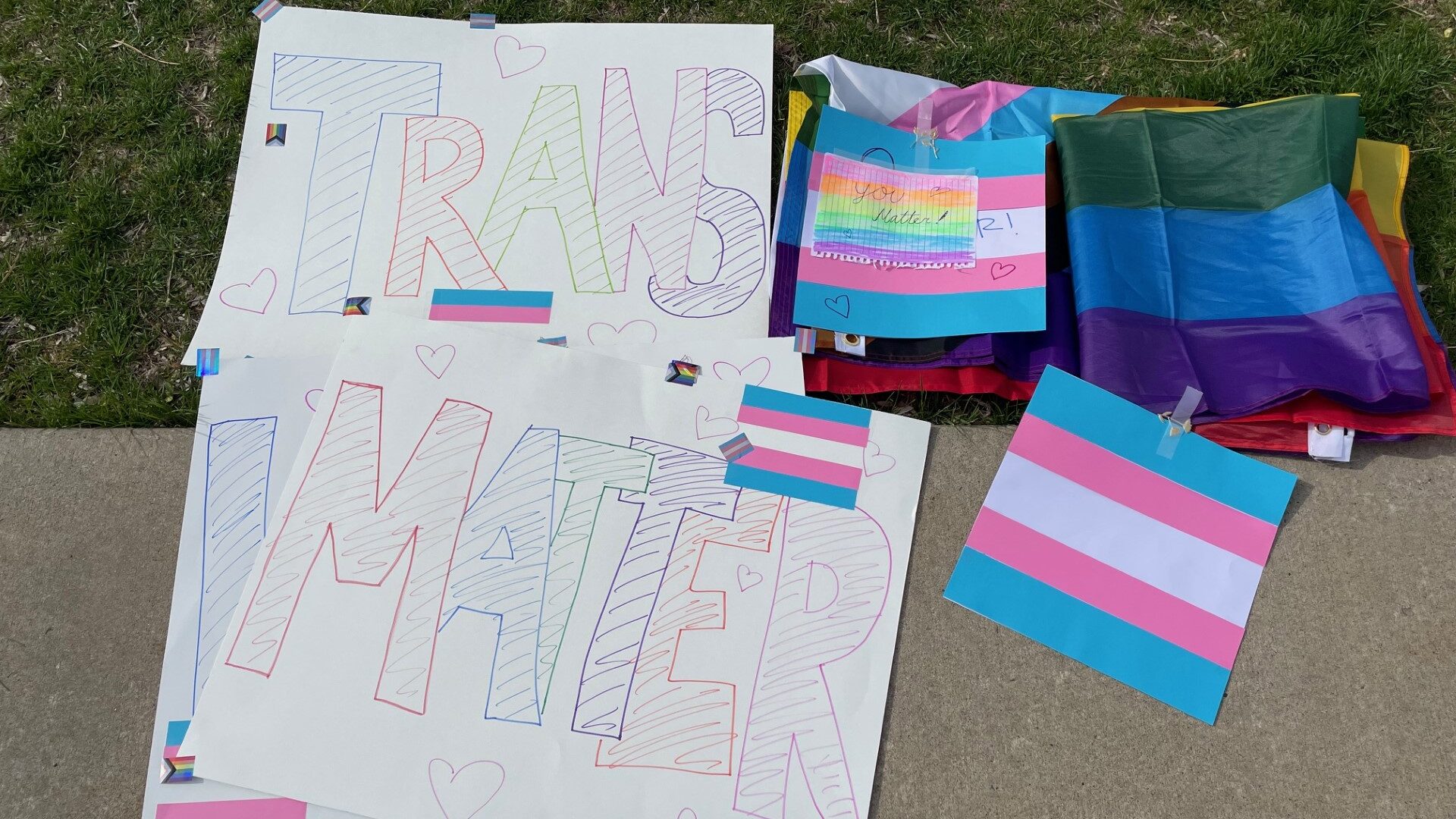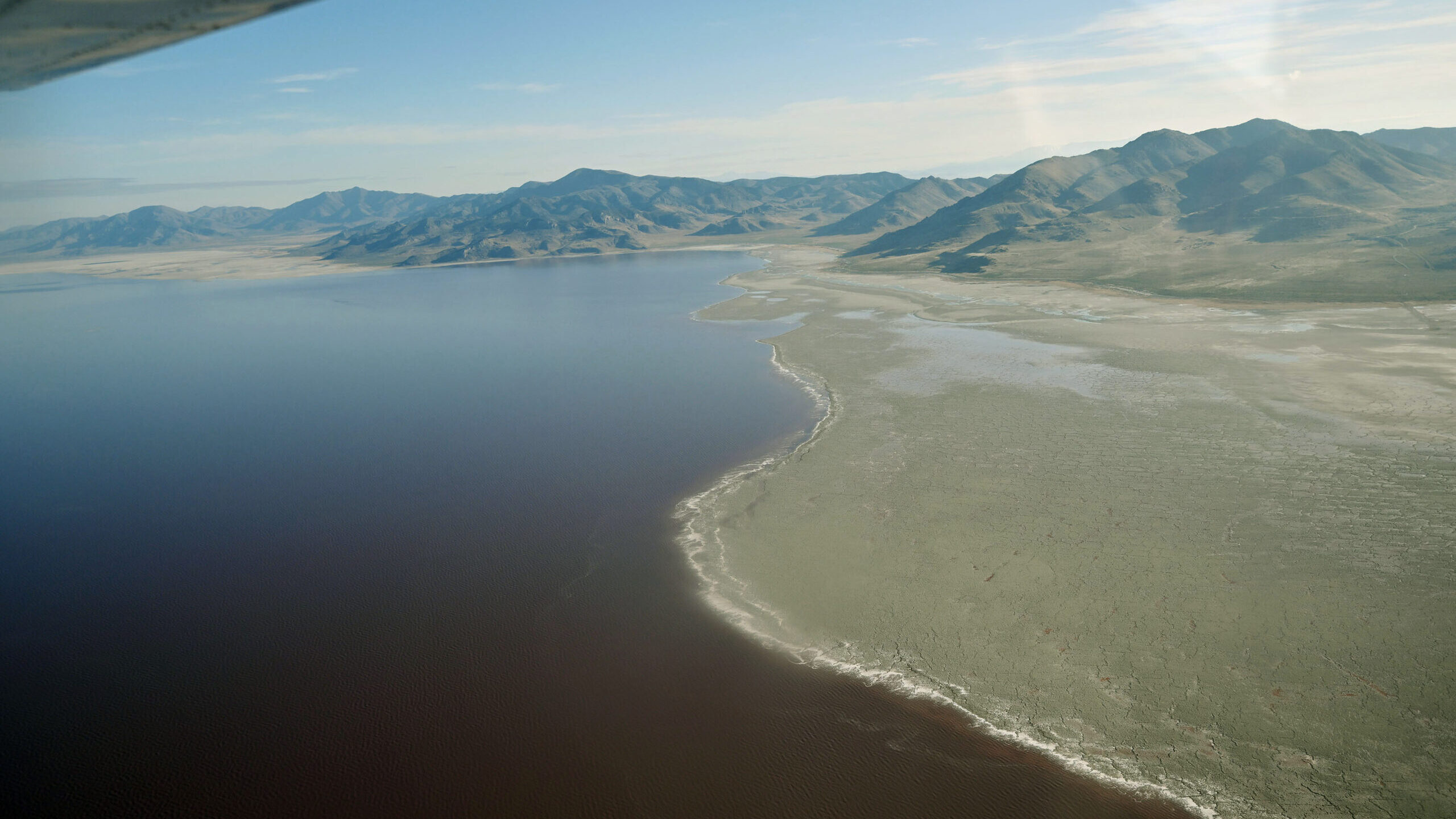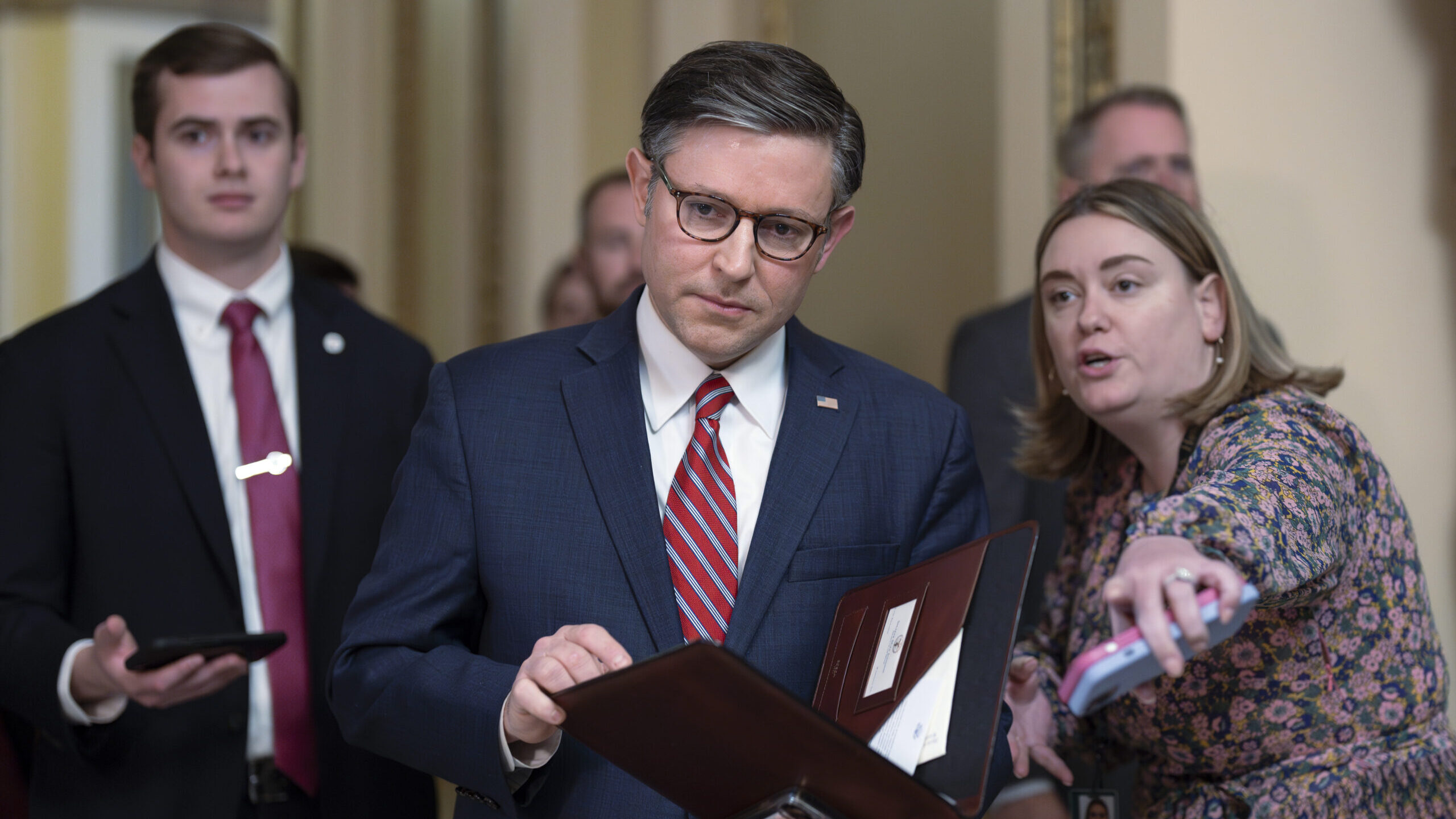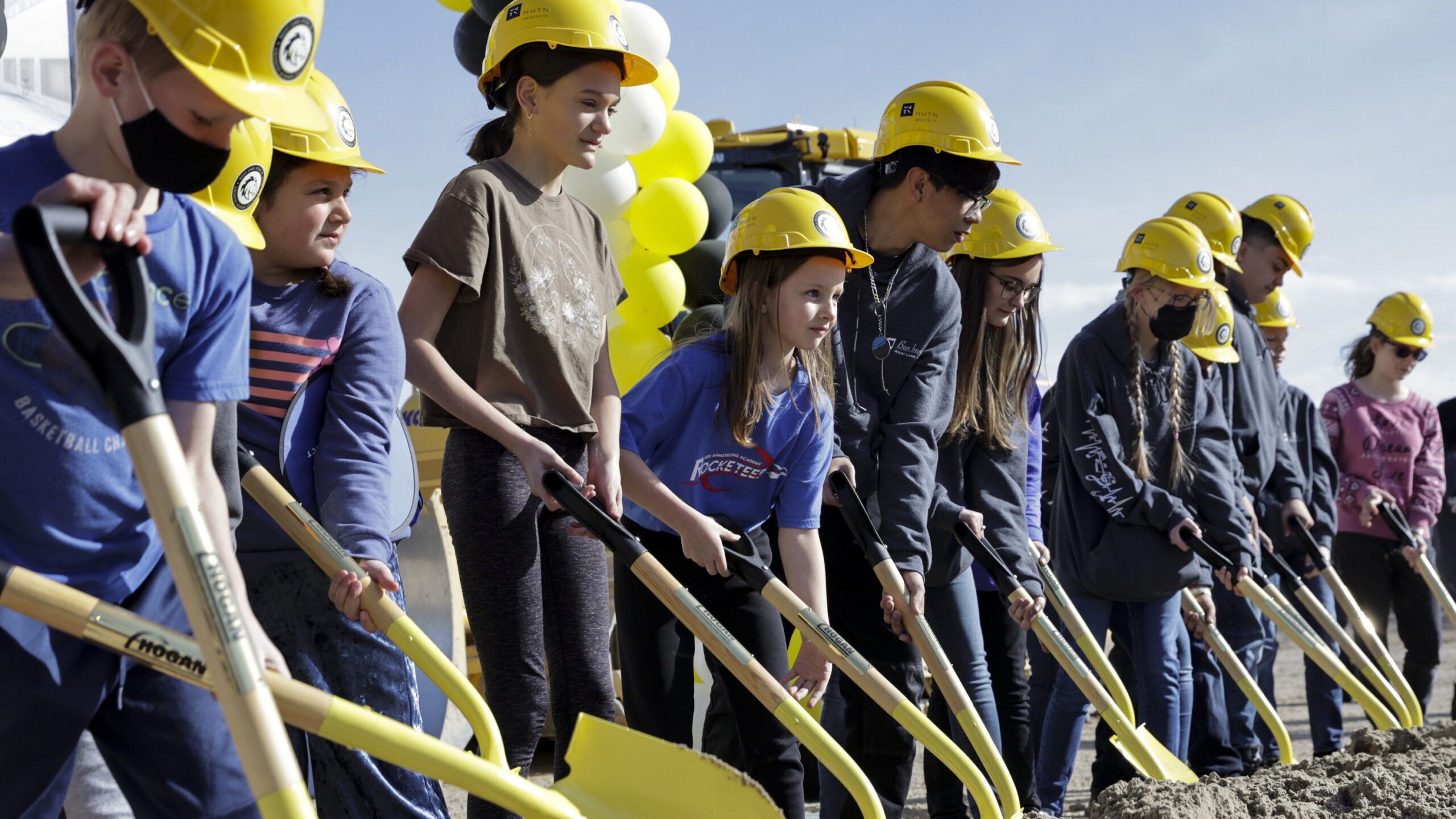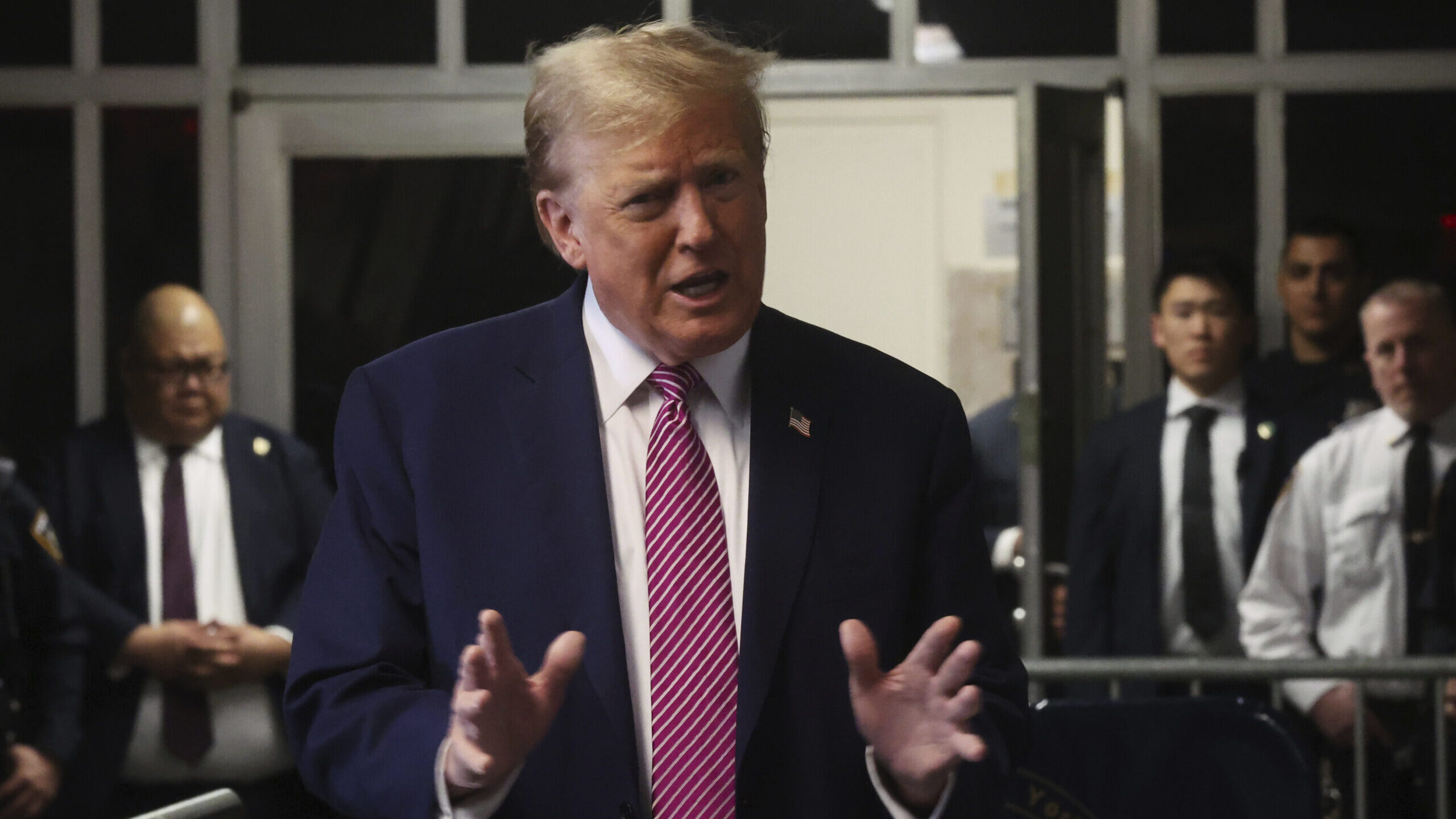Remembering Joe Vandever: Navajo code talker, American hero
Feb 6, 2020, 4:03 PM | Updated: Feb 8, 2020, 12:29 pm
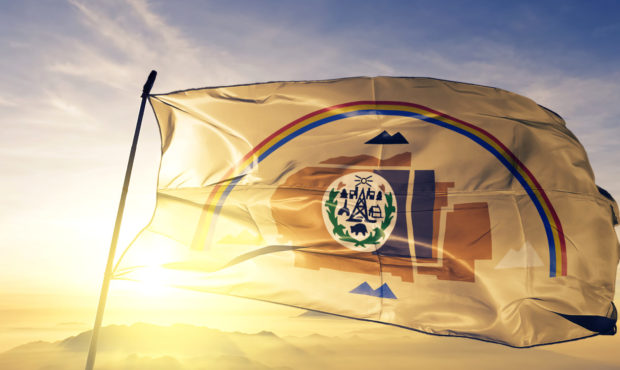
Image of the flag of the Navao Nation (Photo credit: Getty Images)
(Photo credit: Getty Images)
SALT LAKE CITY — The family of Navajo code talker Joe Vandever Sr. lost a father, grandfather, great-grandfather, and great-great-grandfather on January 31, 2020. His family says he died of health complications in Haystack, New Mexico. Joe Vandever Sr. was 96 years old.
“It was quite sad to hear of the passing of our grandfather,” Jonathan Nez, Navajo Nation President, told KSL NewsRadio host Lee Lonsberry. “Vandever had been a living legend.”
“He helped advocate for a center in Albuquerque to highlight the contributions of Native American veterans throughout the country,” Nez said. “His contributions will be memorialized.”
Code as contribution
Joe Vandever Sr. was a Navajo Code Talker. He belonged to an elite group of Marines who used a verbal code of over 400 words based on the Navajo language. These Marines used the code to transmit critical information to allies across the Pacific during World War II.
Military code was created from the dialects of the Cherokee and Choctaw tribes during World War I. But those who wanted to create secret code during World War II argued that the Navajo language was an especially elegant choice. It is unique, complex, is spoken by relatively few people, and for the most part, is unwritten, writes Adam Jevec in “Semper Fidelis Code Talkers.”
Philip Johnston (who first posed the possibility of the Navajo language as code) argued that the people best suited to transmit the code would need to be well-versed in English and Navajo.
And, they would need to be of military age.
The Marines found promise in Johnston’s suggestion. And then they found 29 young men of Navajo descent to create the code.
Navajo code talkers arrived just in time
Vandever was 19 years old when he enlisted with the U.S. Marines. It was 1943.
It was a pivotal time for the U.S. and her allies. The Allied invasion of North Africa had been successful. Called “Operation Torch,” it was the first major joint operation for the United States and the United Kingdom. According to the United States Holocaust Memorial Museum, it was the first time the Allies had “seized the offensive, after three years of German and Italian forces dictating the tempo of events.”
But it would be a year before D-Day and the Normandy invasion. It would be two years before Germany would finally surrender to Allied forces.
And the U.S. and Allies had Japanese forces to contend with, which had proven to be excellent code breakers, according to Sandi Gohn, with the United Service Organizations.
The Navajo code was never broken by the Japanese.
Code Talker influence on Iwo Jima
In 2019, the Utah Legislature passed Senate Concurrent Resolution 2, “recognizing and honoring the legacy of the Navajo Code Talkers for their extraordinary contribution to the nation.”
In particular, the resolution notes the work of the Navajo code talkers during the battle for Iwo Jima in 1944. It notes that the Code Talkers passed “over 800 error-free messages in 48 hours at Iwo Jima alone.”
The legislation also notes that “Major Howard Conner, 5th Marine Division signal officer on Iwo Jima landing said, ‘were it not for the Navajos, the Marines would never have taken Iwo Jima.’
Code Talkers’ influence after WWII
Nez says that the work of the Navajo code talkers provides an opportunity to give hope to those communities.
“It’s no secret that in many Native American communities throughout the country there’s a lack of hope,” Nez told Lonsberry.
“But if we tell the stories of our warriors and the people who never gave up, that reinstills that hope, that resilience to continue to move forward.”
A ceremony honored Joe Vandever Sr. this week in Gallup, New Mexico.
As of publication date, of the eight Navajo Code Talkers recognized in SCR 2, four are still alive. They are Thomas H. Begay, John Kinsel, Peter MacDonald Sr., and Samuel Sandoval.
You can listen to the entire podcast, below:
Further reading:
Navajo Nation to create its own managed health care entity
Wells Fargo is paying the Navajo Nation $6.5 million to settle allegations of shady sales tactics
No longer in the dark: Navajo Nation homes get electricity



